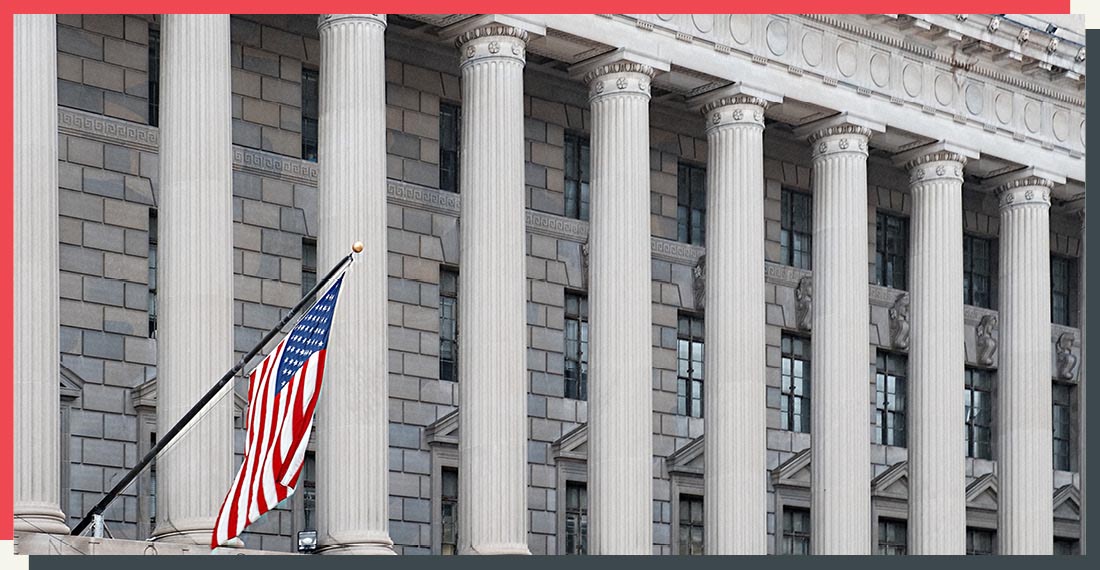By Joshua Margolin, partner; Liam Murphy, associate; Kevin Cheng, summer associate
(This article was originally published by IFLR.)
Recidivist companies hoping to earn a declination after voluntarily self-disclosing corporate wrongdoing must measure up to uncertain standards that promise uncertain rewards.
Over the last year, the Department of Justice (DOJ) revised its corporate enforcement policies to encourage companies to voluntarily disclose wrongdoing in exchange for reduced penalties, namely non-guilty plea deals. Unfortunately for companies with a history of prior misconduct (recidivists), the new guidance imposes heightened standards of “immediate” self-disclosure and “extraordinary” cooperation and remediation to be eligible for reduced penalties, yet remains ambiguous as to how companies may achieve these heightened standards. This uncertainty has left recidivist companies in limbo.
This article analyzes the DOJ’s new policy changes regarding voluntary self-disclosure and how that may impact a recidivist company’s decision to self-disclose. First, the article discusses new DOJ guidance that created heightened standards for recidivist companies to overcome in exchange for voluntary self-disclosure credit. Second, the article analyzes the enforcement action against recidivist ABB, and recent guidance from the DOJ to understand how prosecutors may interpret these new heightened standards to achieve favourable non-criminal resolutions.


.jpg)